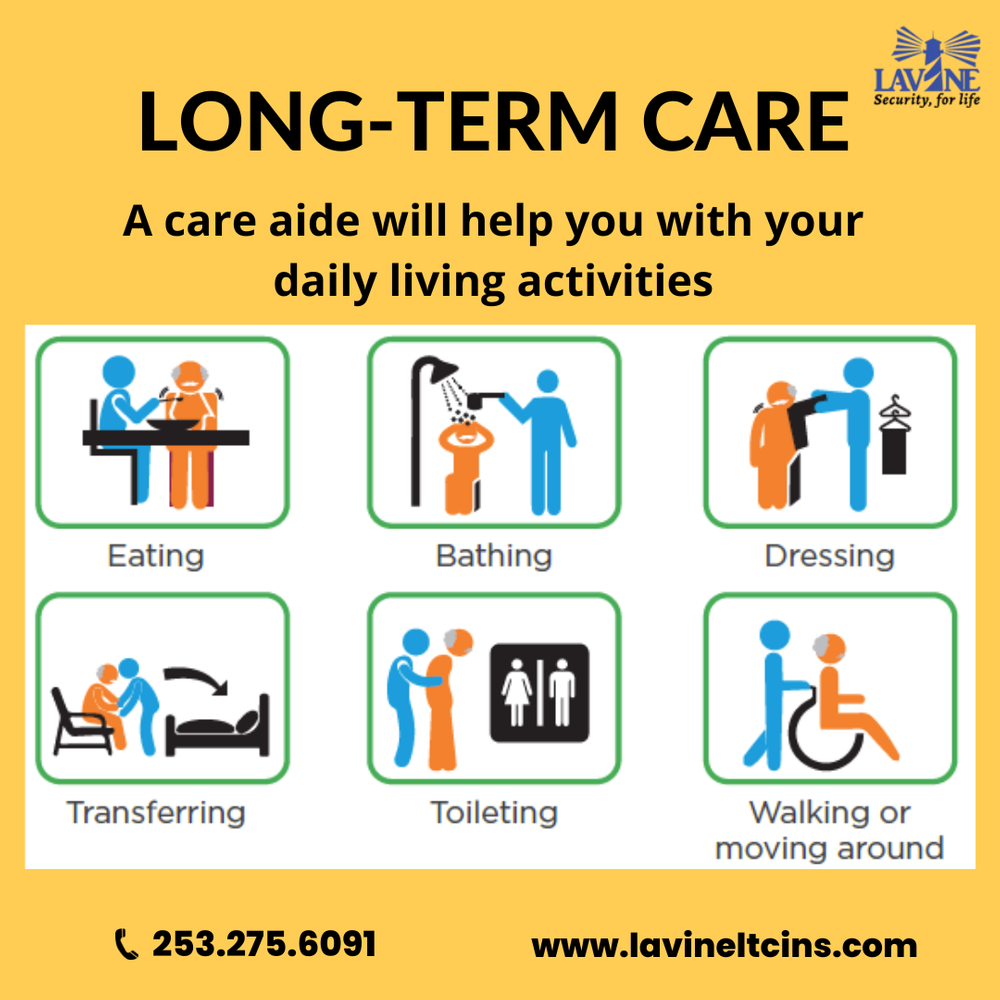
"Long Distance Caregiving: Assessing Needs"
- Lavine LTC Benefits
Categories: caregiving , family caregiving , home care , Assisted Living , Long Term Care Insurance , medicaid
"Long Distance Caregiving: Assessing Needs"
This article guides long-distance caregivers on how to assess the needs of their loved ones and find the appropriate resources to support them.
• Be observant during visits. Pay attention to changes in your loved one's appearance, hygiene, home organization, mobility, and other daily activities.
•
• Talk to local friends and family. They can provide valuable insights into your loved one's behavior and changes you may not know.
• Look for warning signs. This includes things like weight loss, balance problems, forgetfulness, suspiciousness, fires, bizarre behavior, disorientation, and new injuries.
• Create a checklist of needs. This will help you to identify the areas where your loved one needs the most support.
• Have a conversation with your family and friends. Discuss your findings and their wishes for the future.
• Research your resources. There are many resources available to help long-distance caregivers and their loved ones.
Tips for having a conversation with your loved one:
• Share your personal feelings and reassure them of your unconditional support and love.
• Help them to retain as much independence as possible.
• Encourage them to make their own decisions.
• Have a positive attitude and emphasize that changes are in their best interest.
• Ask them what is most important and how they want assistance.
• Encourage small changes at first and avoid taking drastic measures unless necessary.
• Respect their own needs. Honesty is vital to an open and caring relationship.
Long-distance caregiving can be challenging, but it is essential to remember that you are not alone. There are many resources available to help you and your loved one. You can make a big difference in their quality of life by assessing your loved one's needs and finding the appropriate resources.
